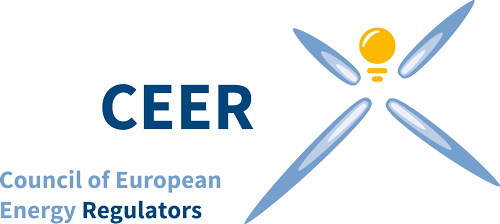
About the course
The priority for Europe’s energy sector is to decarbonise while maintaining security of supply, affordability for consumers and competitiveness for businesses. The European Green Deal sets ambitious targets that require significant developments in energy infrastructures, not only in terms of new investments but, also, in relation to the way such networks are operated and managed. Energy businesses face a strong push towards increased integration, both from a horizontal perspective - with regards to other sectors - and from a vertical point of view - in relation to other segments of the value chain.
In this context, regulators are facing several challenges. While the current regulatory framework was designed to maximise the efficiency of the electricity and gas sectors and to promote market integration in relatively stable circumstances, regulation will now have to be applied to an industry undergoing profound changes. Also, according to the Commission’s proposal on EU legislation on gas market, regulatory authorities will also be tasked to regulate the hydrogen sector.
This tailor-made 3-day CEER training programme will help deliver energy regulators this expertise. The programme will cover the fundamental principles and future direction of the regulation of energy infrastructures with a particular view on the regulatory decisions to support the energy transition. This will include specific relevant examples from countries across Europe. The programme will also focus on the provisions on hydrogen infrastructure regulation included in the revised EU legislation affecting the gas market.
Who should attend
Level A: Specialised Course
Experts from National Regulatory Authorities (NRAs) who want to improve their expertise and exchange experiences .Other experts from European Institutions (ACER, European Commission) are also invited to attend.
Course Structure
- A series of HYBRID classes which give the participants the opportunities to participate in interesting presentations, discussions and exchanges with the trainers and other participants via an interactive GoTo Training online training platform.
- Access to interesting literature review and reading materials on the topics addressed in the course.
- Interesting exercises and course work that participants need to prepare in advance to contribute to the online debates during the HYBRID classes.
Course schedule and Content:
Week 1: 18 - 25 April 2022
Individual preparation to the course: Literature review, reading materials, preparation of course work
Week 2: 26- 28 April
- Class 1: Tuesday 26 April 2022 | 14:00-17:00 CET
- Decarbonisation and regulation of energy infrastructures: main challenges.
- Industry and consumers view on infrastructures and energy transition
- Class 2: Wednesday 27 April 2022 | 10:00-16:00 CET
- Practical issues in regulating energy infrastructures to support the energy transition.
- Challenges for the electricity and gas sectors, both at TSO and DSO level, including case studies.
- Class 3: Thursday 28 April 2022 | 10:00-13:00 CET
- Integrated infrastructure planning
- Infrastructure regulation in the new Decarbonisation package, with a focus on hydrogen networks.
Course Director: Marco La Cognata - ARERA
Course Advisor: Jorge Vasconcelos

